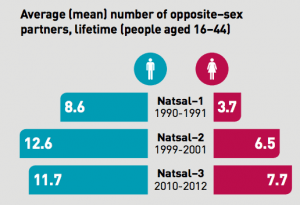How experts can give better advice to policymakers
By Oli Usher, on 3 July 2015

Sir Mark Walport addresses the Institute for Risk & Disaster Reduction’s annual conference
One of the main purposes of government is to manage risks. Key to assessing these risks is scientific and technical expertise. So conversations between academics and policymakers are very important.
Unfortunately these conversations can sometimes be at cross purposes. Fortunately, when framed correctly, and with both sides understanding each other, discussions between policymakers and academics can be hugely fruitful.
This was the argument of Sir Mark Walport, the Government Chief Scientific Advisor, in his keynote address to the UCL Institute for Risk & Disaster Reduction’s annual conference on June 25.
So how should academics talk to policymakers?
 Close
Close




